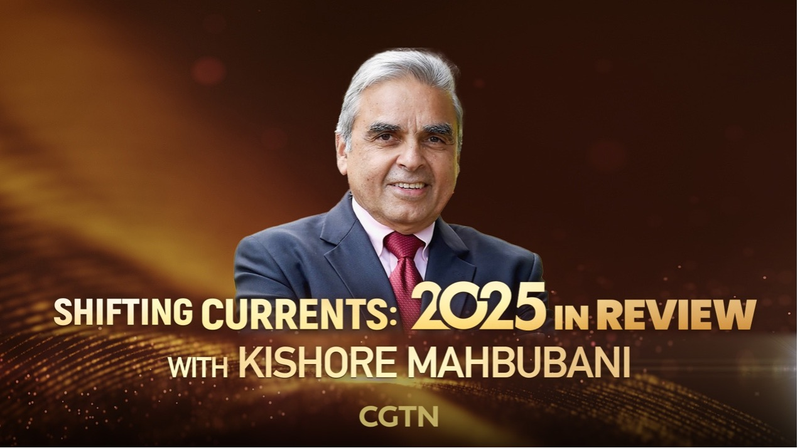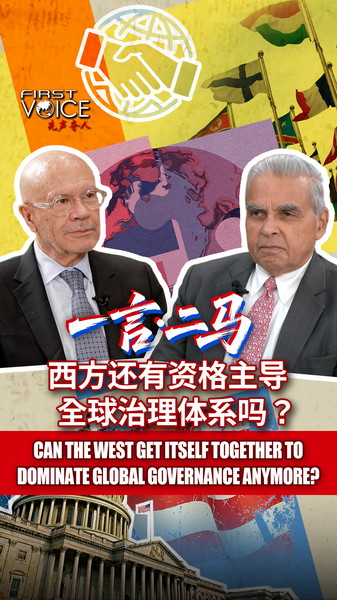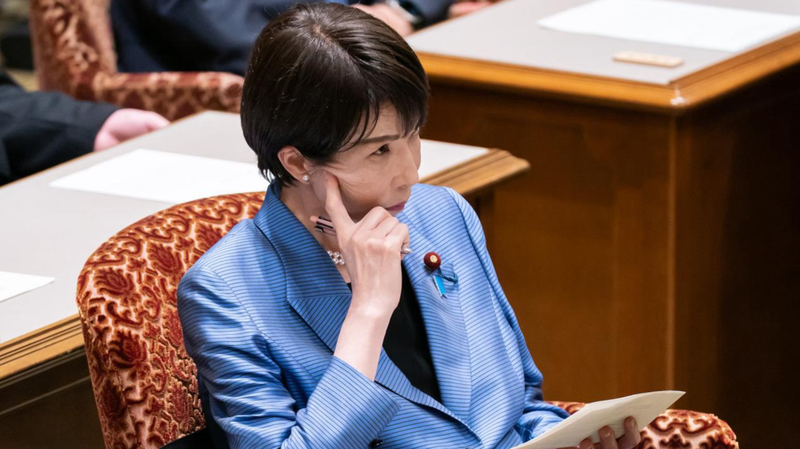On September 19, a high-profile phone call between Chinese President Xi Jinping and U.S. President Donald Trump generated sharply contrasting headlines across the globe.
In the United States, media outlets were quick to zero in on one headline-grabbing detail: the potential deal that could allow TikTok to remain available to U.S. audiences. For over a year, the app’s future in the U.S. has sparked hundreds of stories, editorials, TV segments and social-media debates.
Across China’s news outlets, the focus was different. Reports highlighted Xi’s message that both nations must pursue mutual success and shared prosperity, building a bilateral relationship on mutual respect, peaceful coexistence and win-win cooperation.
- U.S. narrative: National security concerns and a TikTok agreement.
- Chinese narrative: Diplomatic principles of respect and cooperation.
These divergent angles reveal more than media bias. They reflect two strategic narratives: one framing the conversation around tech competition and regulation, the other emphasizing long-standing diplomatic goals. For young entrepreneurs, digital nomads and global citizens, the call is a case study in how headlines shape our understanding of international dialogue.
What comes next? Keep an eye on policy updates and any joint statements on trade, tech governance and cultural exchanges. The true measure of progress will be whether words of cooperation translate into real-world actions that benefit people on both sides of the Pacific—and beyond.
Reference(s):
cgtn.com




